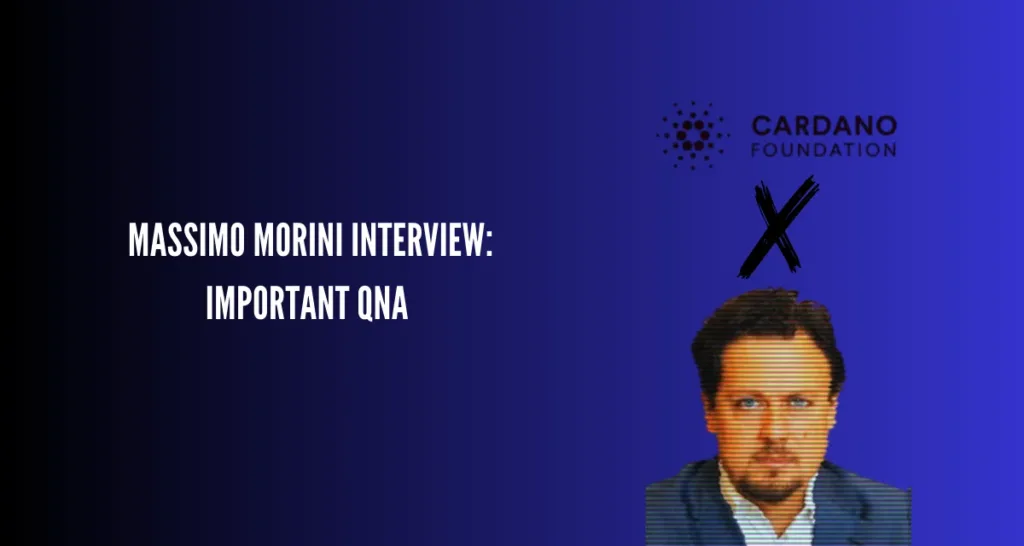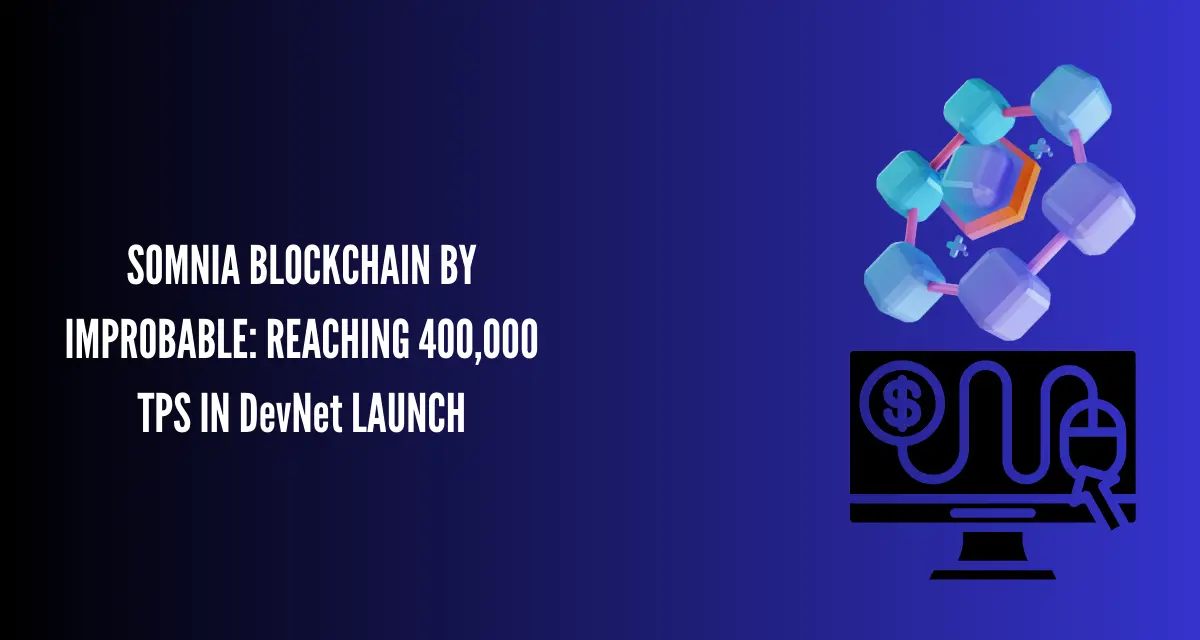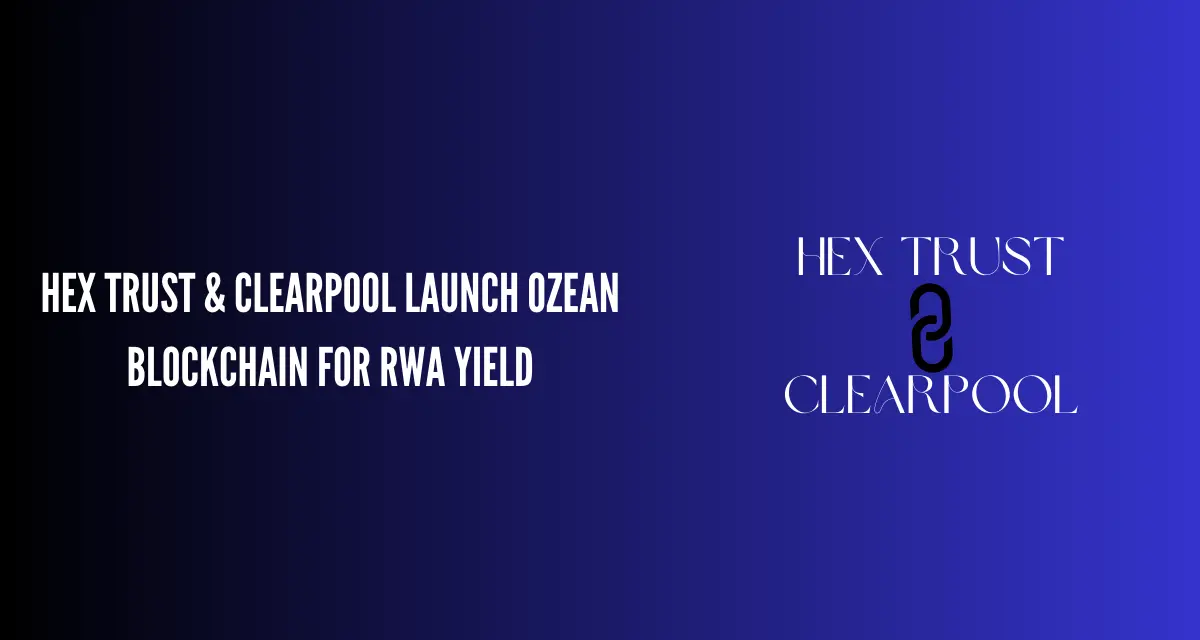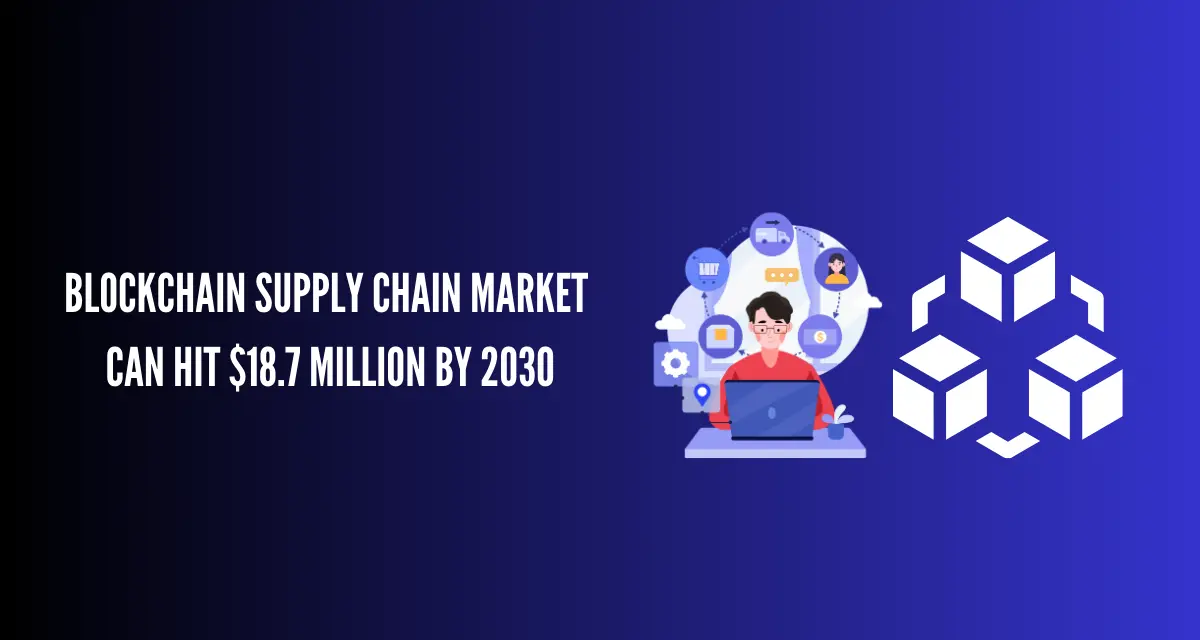In a recent interview, Massimo Morini, an advisor at the Cardano Foundation and a blockchain professor at USI University of Lugano, discussed the impact of technology and AI on the future of decentralized finance (DeFi).
How do you see the evolution of blockchain technology in the next five years and what role do you see for your work in this development?
Blockchain technology must fully embrace decentralization and usability within the next five years to ensure its growth. The success of Bitcoin highlights the importance of maintaining a decentralized identity, as its continued popularity stems from these very qualities.
Ethereum’s increasing decentralization has led to the development of a vibrant economy centered around DeFi projects, which are becoming more scalable and secure, especially at layer two. However, there is still a significant need for improvement in governance structures. Cardano is actively transitioning to decentralized governance, emphasizing the importance of user understanding of the underlying systems for successful governance.
What are some of the most promising applications of blockchain and cryptocurrencies that you see emerging, especially in the context of the global economy?
Blockchain blurs the lines between technology, investment, financing, and applications, with tokens serving multiple roles in this ecosystem. The rise of tokens has fueled the growth of decentralized finance (DeFi), enhancing layer two applications that verify data and calculations efficiently. As we navigate this landscape, we encounter significant opportunities in AI, which also brings potential risks that need careful understanding.
AI poses a risk when it becomes opaque, manipulated, or private, threatening our understanding of reality. However, if AI remains transparent and verifiable, there is no reason for concern. Blockchain technologies like homomorphic encryption and zero-knowledge proofs offer solutions for privacy and verifiability, potentially making them crucial tools for ensuring the integrity of AI algorithms.
Cardano is known for its sustainable and scalable approach to blockchain. Can you explain how these characteristics differentiate Cardano from other blockchain platforms and what advantages they offer?
Cardano is well-known for the privacy and scalability offered by its e-utxo system, as well as its environmentally friendly and inclusive staking model. However, it stands out for its transparent and honest approach to blockchain development, recognizing the challenges of establishing a new system. Over the years, Cardano has successfully worked towards decentralizing consensus, showcasing its commitment to sustainable growth.
Cardano is currently focusing on governance, utilizing algorithmic and parameterized resource management to support its decentralization efforts. This unique approach in the blockchain space allows for effective and reliable resource use. As Cardano transfers governance to its users for long-term stewardship, its history shows great promise for future success.
How do you think blockchain and cryptocurrencies can integrate with traditional financial institutions? Are there specific challenges we need to face?
The ongoing discussion about Central Bank Digital Currencies (CBDCs) presents a vital opportunity for both the blockchain community and traditional institutions. If CBDCs leverage blockchain-compatible technology, we could see rapid integration, but if not, this process could be delayed significantly. Institutions risk missing out on a major opportunity if they ignore the decentralized origins of CBDCs and propose overly centralized solutions.
Blockchain technology can enhance the reliability and efficiency of banks while preserving their decentralization, offering citizens a genuine alternative to cash for managing their finances independently. In contrast, a system that resembles traditional banking but remains overly centralized, even if well-regulated by central banks, could increase systemic risks. To truly replace cash and empower users, digital currencies must embrace the decentralized nature that blockchain offers.
As a Professor at USI in Lugano, what are the main challenges and opportunities in teaching blockchain and cryptocurrencies? What skills do you consider essential for students who want to enter this field?
Blockchain is not just a single technology but a combination of various disciplines, including cryptography, algorithms, and economics. Finding students with the right background in these areas can be challenging, although institutions like USI are making strides in this field. As students specialize in different aspects, they also need to develop complementary skills in communication, marketing, and legal knowledge. A willingness to embrace change and learn continuously is essential in the blockchain sector, making it uniquely beneficial for both individuals and society.
Decentralized finance is gaining more and more attention. What are your predictions for the future of DeFi and how do you think it will influence traditional financial markets?
Traditional markets have been stagnant since the financial crisis over a decade ago, while technology now drives innovation, particularly in the growing DeFi sector. This sector continues to expand despite the absence of clear regulations and has shown remarkable stability compared to traditional finance. While banks have faced significant crises, often rescued by central banks, they remain aware that something is amiss in the system. Meanwhile, blockchain is working to establish its own rules to demonstrate its advantages over traditional systems, but communication between the two sectors remains ineffective.
Author

Richard Thompson, our visionary CEO, leads with a passion for innovation and a commitment to driving results. With a wealth of experience in navigating the ever-evolving landscape of digital marketing, Richard inspires the team to deliver exceptional solutions that propel businesses to new heights. His strategic mindset and dedication to client success make him the driving force behind our mission to redefine digital excellence.
View all posts







